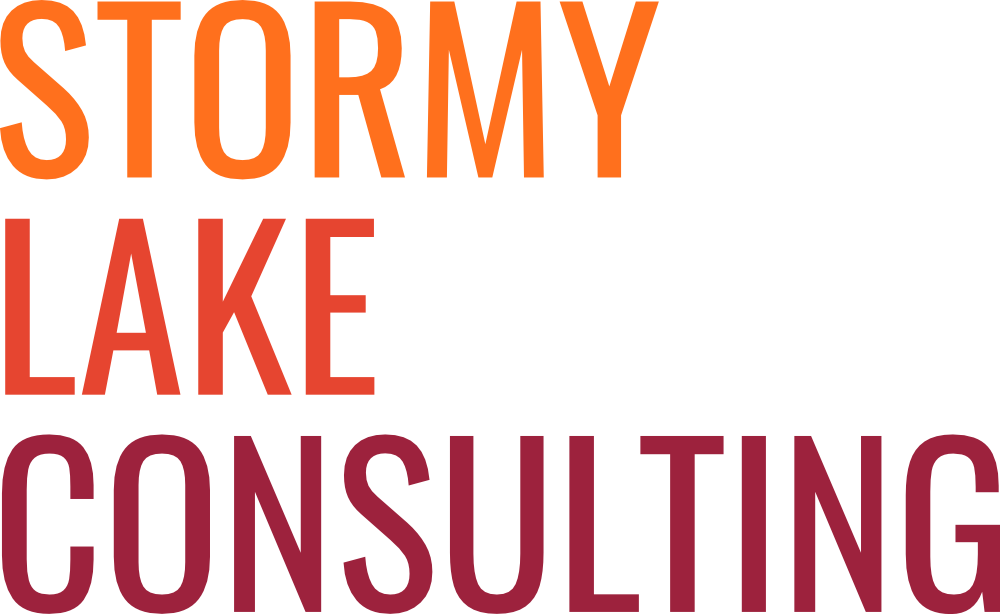The Weekly COVID Update: The Rise of One-Way Friendships
You’ll never see a moose curled up on the couch, eating ice cream, listening to a sad love song on repeat. Why? Because moose aren’t as good at relationships as we are.
Humans are wired for relationships. Our capacity to build relationships allows us to create great things. Skyscrapers! Spaceships! Skittles! None of these wonders would be possible without relationships. Neither would the humbler marvels of couches, ice cream, and sad love songs for that matter.
As those sad love songs attest, relationships can also cause us no end of trouble. Unreciprocated feelings can leave us feeling heartbroken and betrayed. This week we’re discussing a type of relationship that is non-reciprocal by definition: parasocial relationships.
Parasocial relationships are relationships we form with people who we know, but who don’t know us – most commonly celebrities. Succinctly captured below by Sarah Andersen.
Parasocial relationships are common, with one study indicating that 3 out of 5 adolescents see their favourite celebrity as a relationship partner. Girls are more likely to see their favourite celebrity as a peer: a friend, sister, or classmate. Boys are more likely to have a hierarchical parasocial relationship, seeing their favourite celebrity as a mentor or teacher. Overwhelmingly, teens form parasocial relationships with celebrities that share their gender.
There is good reason to believe that with social isolation cutting us off from many social ties, people are looking instead to parasocial relationships to satisfy the human need for relationships. Certainly, online mentions of parasocial relationships have seen an astounding increase. The period from March 2020 to today saw 4.8 times as many mentions of parasocial relationships as the same period in 2019.
Many celebrities, especially online celebrities, deliberately foster parasocial relationships. The benefits for celebrities are clear: an audience member who feels they are your friend will consume your content more reliably, find your product endorsements more convincing, and be more likely to buy your own merchandise or donate to your Patreon. Successfully building a following who feels like they are relationship partners can be spectacularly lucrative.
Audiences also get benefit from parasocial relationships. Even if a celebrity doesn’t know you, they can provide inspiration, motivation, comfort, and a strongly needed feeling of personal connection. In some parts of the internet, there is an expectation that creators will foster parasocial relationships with their audiences. On Twitch, an often live and lively platform for streamers, audiences expect creators to treat them like peers. This expectation clashed dramatically with one streamer’s desire for a more conventional celebrity to audience relationship. Michael “mmDust” Duarte wanted to be seen as a virtuoso of completing a video game extremely quickly rather than as a buddy. Ultimately, he apologized in a very unsatisfying “I really need to work on myself before I’m ready for a relationship” kind of way.
Although Twitch is still a poor cousin to YouTube, it seems likely that celebrities encouraging parasocial relationships will become increasingly common. Spreading to older, stodgier platforms and becoming the norm on new ones. This isn’t without hazards. Happiness is closely tied to having close, reciprocal relationships. These close relationships cannot be completely replaced by one-way friendships or one-way mentors. In moderation though, parasocial relationships can satisfy some of our need for relationships that might otherwise go unmet. We’ll be okay so long as we balance our relationship with friends and our relationship with Friends.


